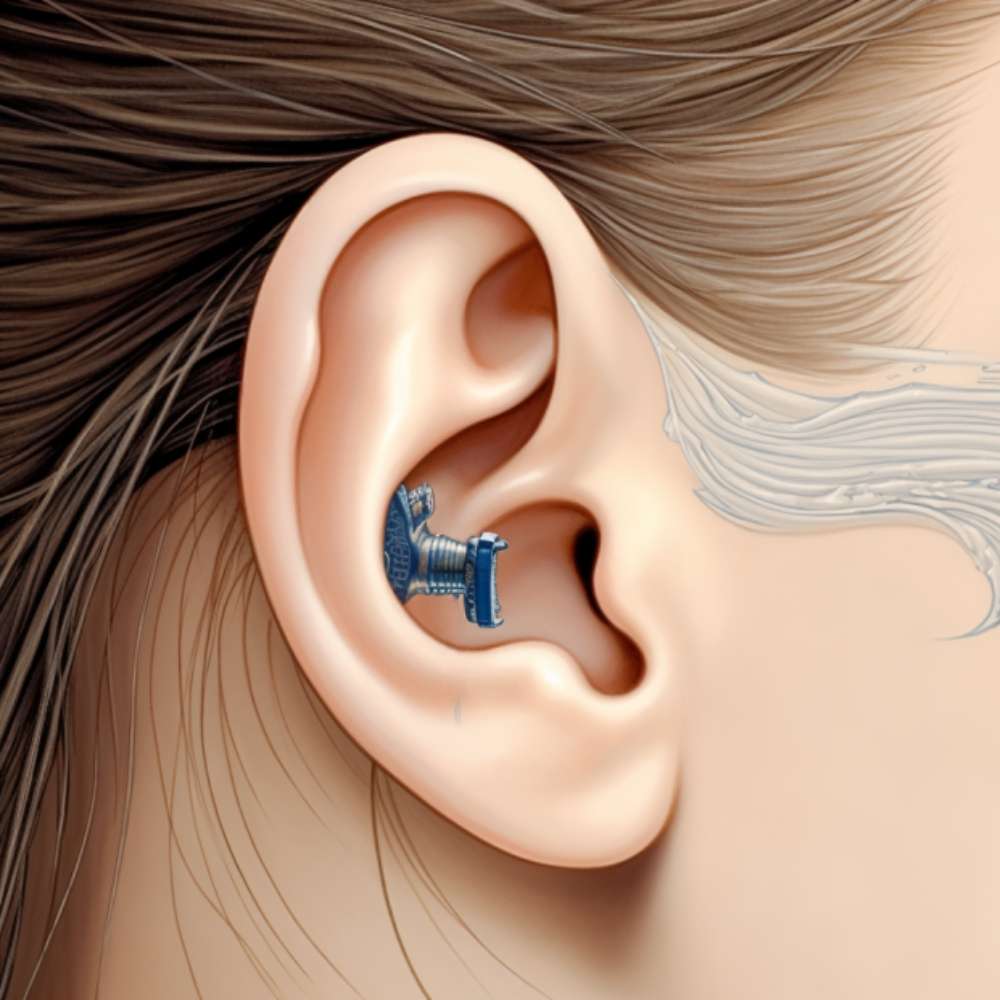The Benefits of Taking an Online Hearing Test
In today's digital age, access to healthcare services has become more convenient than ever before. One such advancement is the ability to take hearing tests online from the comfort of your own home. This article explores the numerous benefits of online hearing tests and how they can help you take control of your hearing health.

What is an online hearing test?
An online hearing test is a digital assessment tool designed to evaluate your hearing ability through a series of audio-based exercises. These tests typically involve listening to various tones, frequencies, or speech samples and indicating when you can hear them. While not a substitute for a comprehensive in-person evaluation by an audiologist, online hearing tests can provide valuable insights into your hearing health and serve as an initial screening tool.
How accurate are online hearing tests?
Online hearing tests have come a long way in terms of accuracy and reliability. Many are developed by audiologists and hearing specialists to provide results that closely align with in-person tests. However, it’s important to note that the accuracy of these tests can be influenced by factors such as the quality of your computer speakers or headphones, background noise, and your internet connection. While they offer a good starting point, online tests should not be considered a replacement for professional audiological evaluations.
What are the main advantages of taking a hearing test online?
The primary benefits of online hearing tests include convenience, accessibility, and privacy. You can take these tests at any time that suits you, without the need to schedule an appointment or travel to a clinic. This is particularly beneficial for those with busy schedules or limited mobility. Additionally, online tests provide a low-pressure environment for those who may feel anxious about visiting a hearing specialist in person.
Can online hearing tests detect all types of hearing loss?
While online hearing tests are effective at identifying general hearing loss, they may not be able to detect all types or degrees of hearing impairment. These tests are most effective at identifying frequency-specific hearing loss, which is common in age-related hearing decline. However, they may not be as adept at identifying more complex issues such as conductive hearing loss or auditory processing disorders. For comprehensive diagnosis, an in-person evaluation with an audiologist is still necessary.
What should you consider when choosing an online hearing test?
When selecting an online hearing test, consider factors such as the test’s reputation, the qualifications of the professionals behind its development, and user reviews. Look for tests that provide clear instructions and have been validated against clinical standards. It’s also important to ensure you have a quiet environment and quality headphones or speakers to maximize accuracy. Some reputable online hearing tests are offered by established hearing aid manufacturers or audiology clinics, which can provide follow-up services if needed.
How can you use online hearing test results effectively?
Online hearing test results can serve as a valuable starting point for addressing your hearing health. If the test indicates potential hearing loss, use this information to initiate a conversation with your healthcare provider or an audiologist. Many online tests provide detailed explanations of your results and may offer recommendations for next steps. Remember that these results are preliminary, and professional follow-up is crucial for accurate diagnosis and treatment if hearing loss is suspected.
In conclusion, online hearing tests offer a convenient and accessible way to monitor your hearing health from home. While they cannot replace professional audiological evaluations, they provide a valuable screening tool that can encourage early detection and intervention for hearing issues. By taking advantage of these digital resources, you can take proactive steps towards maintaining your hearing health and overall well-being.




